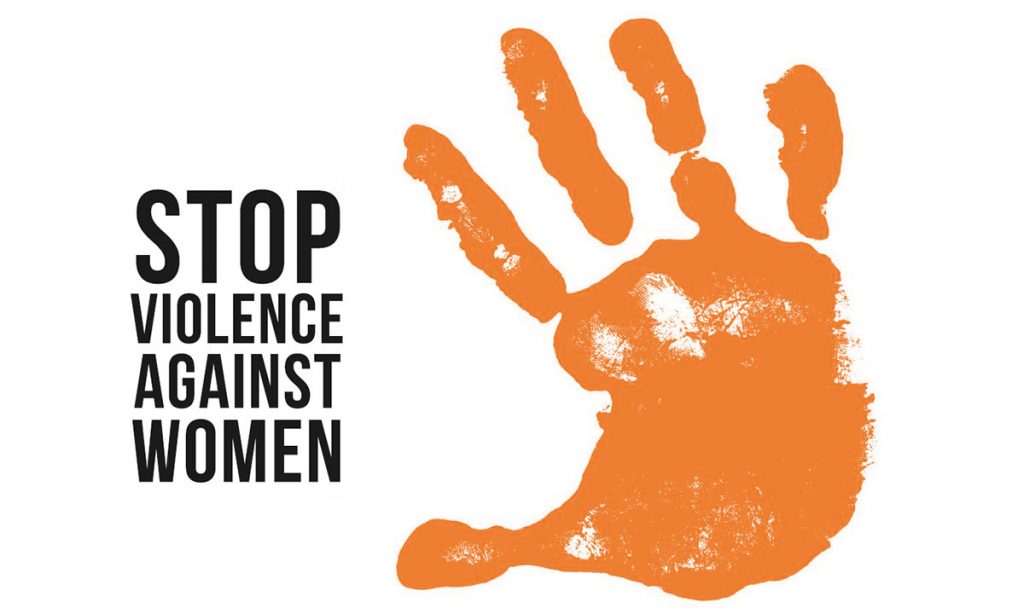
Community-Based Organizations and Women Rights Groups in Bomi County have received training in gender inclusion in forest governance and land matters. The training was conducted by Rural Integrated Center for Community Empowerment (RICCE) under the Green Livelihood Alliance-GLA 2.0 program (“Forests for a Just Future.”) on August 17, 2021. The training brought together representatives and leaders of CBOs.
“This workshop was really, really important for us today. In fact, it came just right in time while we are just sitting in the right seat listening to the facilitators – because there are issues today that we women have been affected of because we don’t have the strength or capacity to fight against it on our own-so we have been left alone – on many occasions, in many circumstances”, participants said.
Participants expressed concerns over issues affecting the livelihood of citizens mostly women and children who were categorized as vulnerable groups. Key among the issues raised was neglect for their quest for redress and mitigation of issues affecting them during community meetings, such as decisions about development, management of natural resources, domestic violence, political marginalization, sexual exploitation and abuse while in search of, opportunities. Murpha Fully, Chairlady of Klay District Rural Women complained about limited capacity for grassroots rights-based advocacy organizations championing the rights of women and ordinary citizens in rural communities.
RICEE’s Program Manager, Ranee N. Gibson said the objective of the one-day knowledge sharing and capacity building event was to promote gender inclusion-“just forest conservation and land governance” in Liberia.
“Women’s decision-making authority is particularly limited because the land is still viewed as the field of men and male decision-making. For example, in some parts of Liberia women are not allowed to speak or stand in meetings while their husbands are around. Seeing how important the land, forest and other natural resources are to their daily lives, leaving them out from decision making processes on how they are being used and managed greatly undermines their production and vision and definitely will affect the growth and wellbeing of their families”, Madam Gibson asserted.
Gibson recounted the low profiling of women as important and equal stakeholders in decision making over the use, management and control of land and natural resources despite constitutional provision for equal rights and opportunity for all citizens regardless of diversity, and or gender.
RICCE’s training comes amidst campaigns by the Women Rights Group for women to take advantage of upcoming elections for Community Forest Development Committees across the country.

